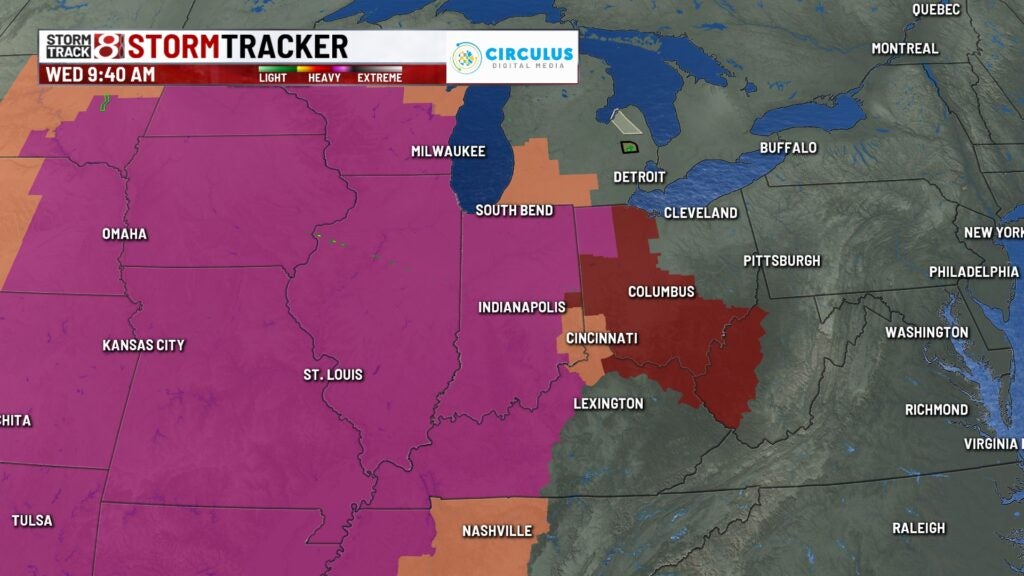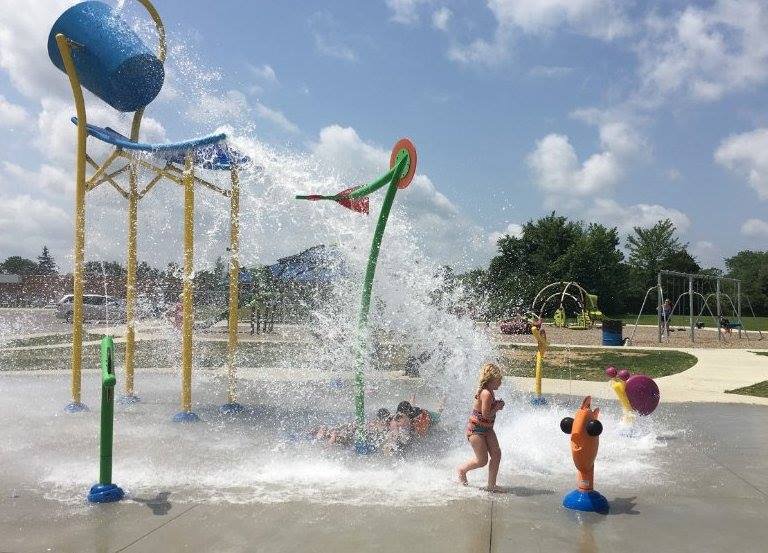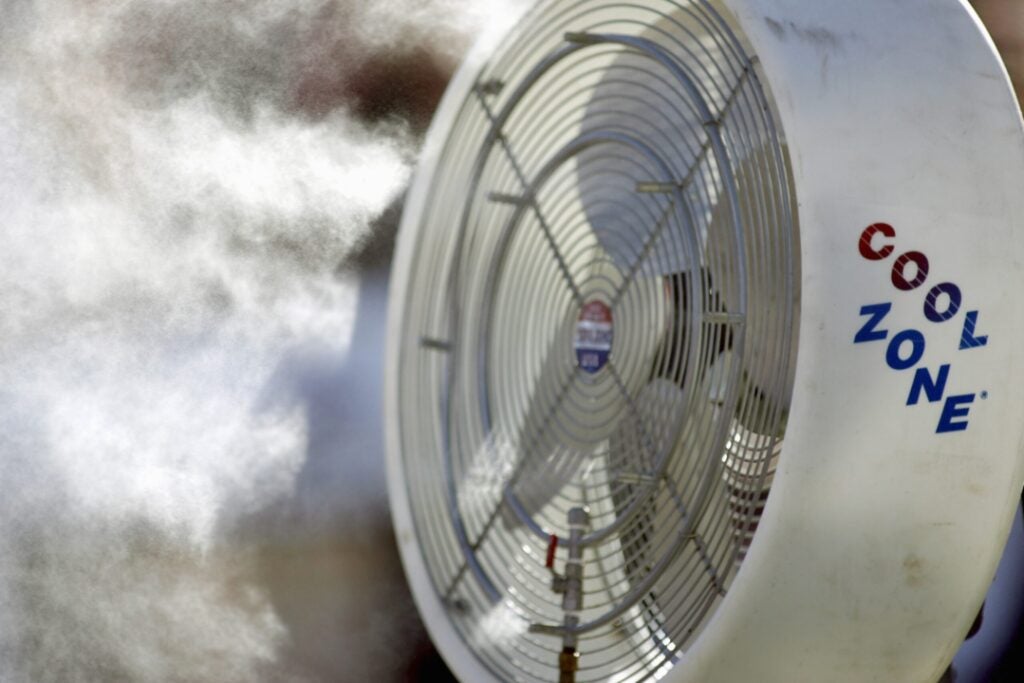Staying informed about heat-related illnesses during extreme heat
INDIANAPOLIS (WISH) — As summer temperatures soar, it is essential to stay informed about the various heat-related illnesses that can affect individuals spending time outdoors.
Three common conditions associated with excessive heat are heat cramps, heat exhaustion, and heat stroke. Although they share similarities, it is crucial to understand their differences and take appropriate measures to prevent and address them.

What to watch out for
Heat cramps are painful muscle spasms that typically occur during or after intense physical activity in hot conditions. They are often caused by electrolyte imbalances due to excessive sweating. Commonly affected areas include the legs, arms, or abdomen. Individuals experiencing heat cramps should seek shade or a cool environment, rest, and rehydrate with water or electrolyte-rich beverages.
Heat exhaustion is a more severe condition resulting from prolonged exposure to high temperatures and inadequate fluid intake. Symptoms may include heavy sweating, weakness, dizziness, headache, nausea, and rapid heartbeat. If left untreated, heat exhaustion can progress to heat stroke. Those experiencing heat exhaustion should immediately move to a cooler place, loosen tight clothing, drink cool fluids, and apply cool, wet cloths to their body.

Heat stroke is the most severe and potentially life-threatening heat-related illness. It occurs when the body’s temperature regulation system fails, and its core temperature rises dangerously high. Symptoms include a body temperature above 103 degrees F (39.4°C), confusion, loss of consciousness, seizures, and hot, dry skin. Heat stroke requires immediate medical attention. While waiting for help, individuals should be moved to a cool area, and efforts should be made to lower their body temperature using cool water or wet towels.

Prevention is key when it comes to heat-related illnesses. It is essential to stay hydrated by drinking plenty of fluids, especially water, and avoiding alcoholic or caffeinated beverages. Wearing loose, lightweight, and light-colored clothing can help regulate body temperature. Taking frequent breaks in shaded or air-conditioned areas and avoiding strenuous activities during the hottest parts of the day are also crucial.



